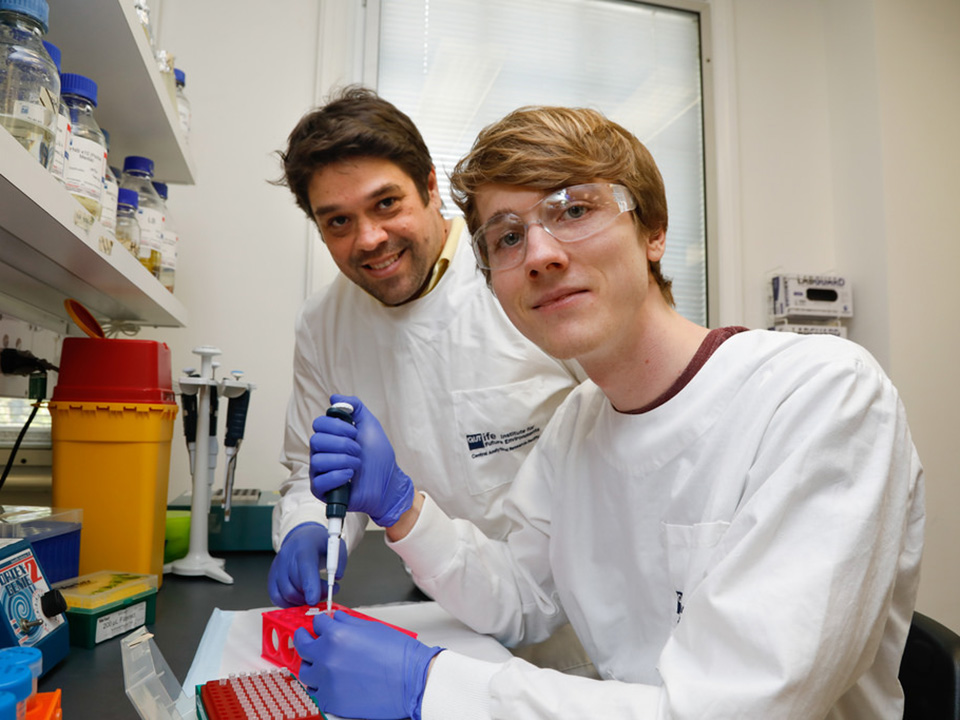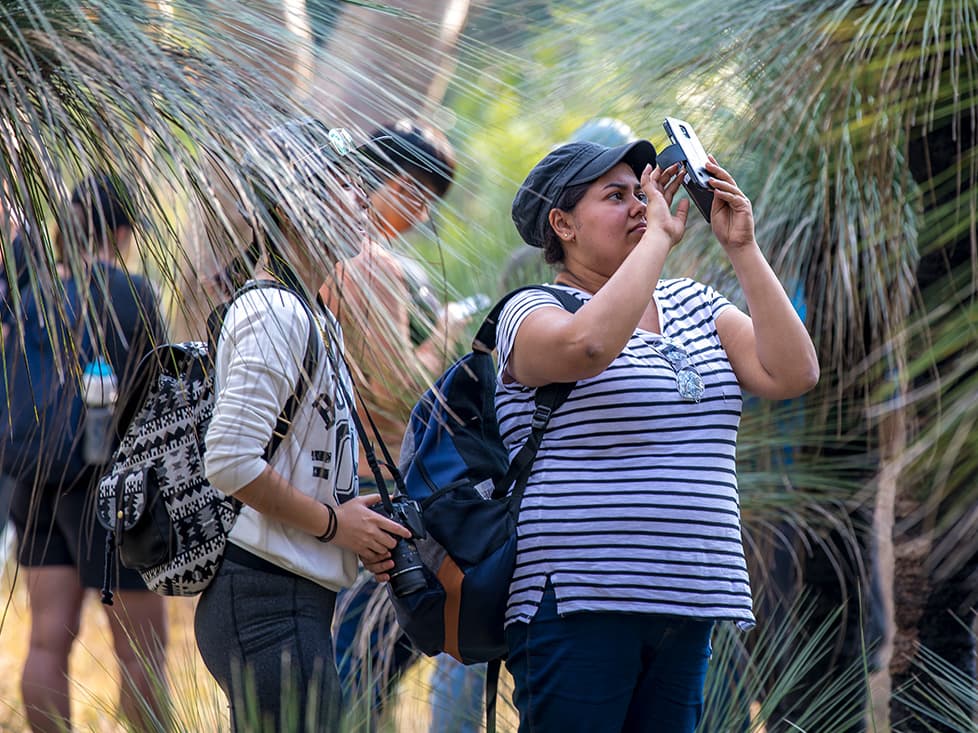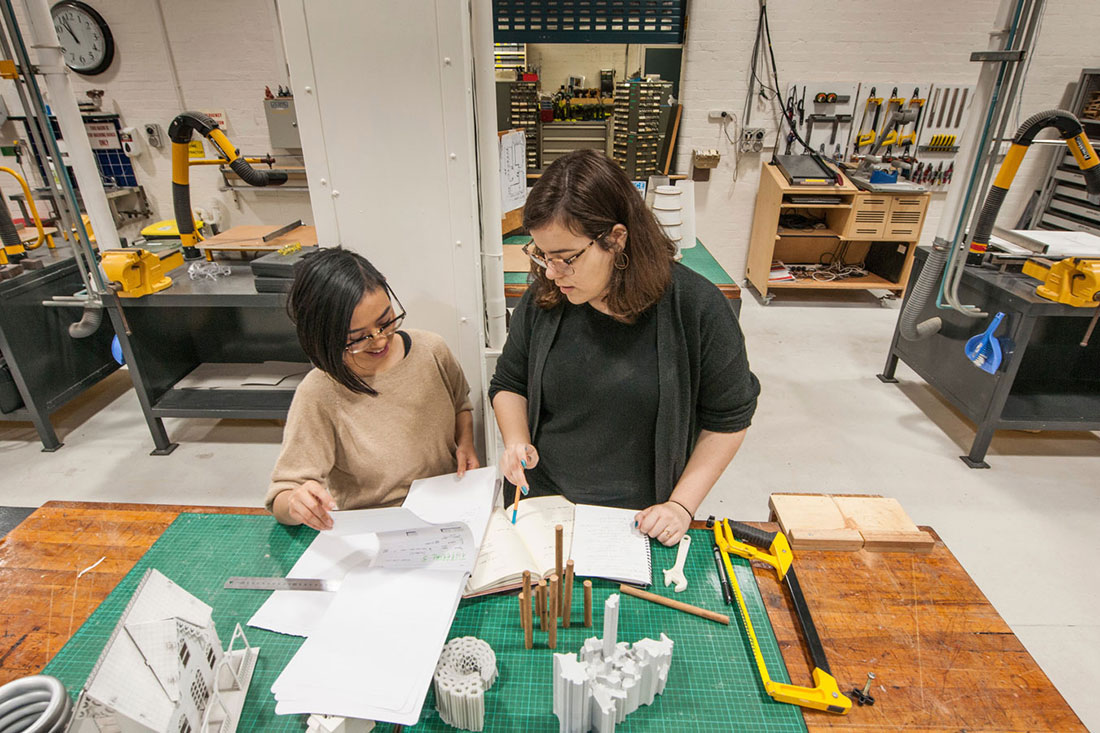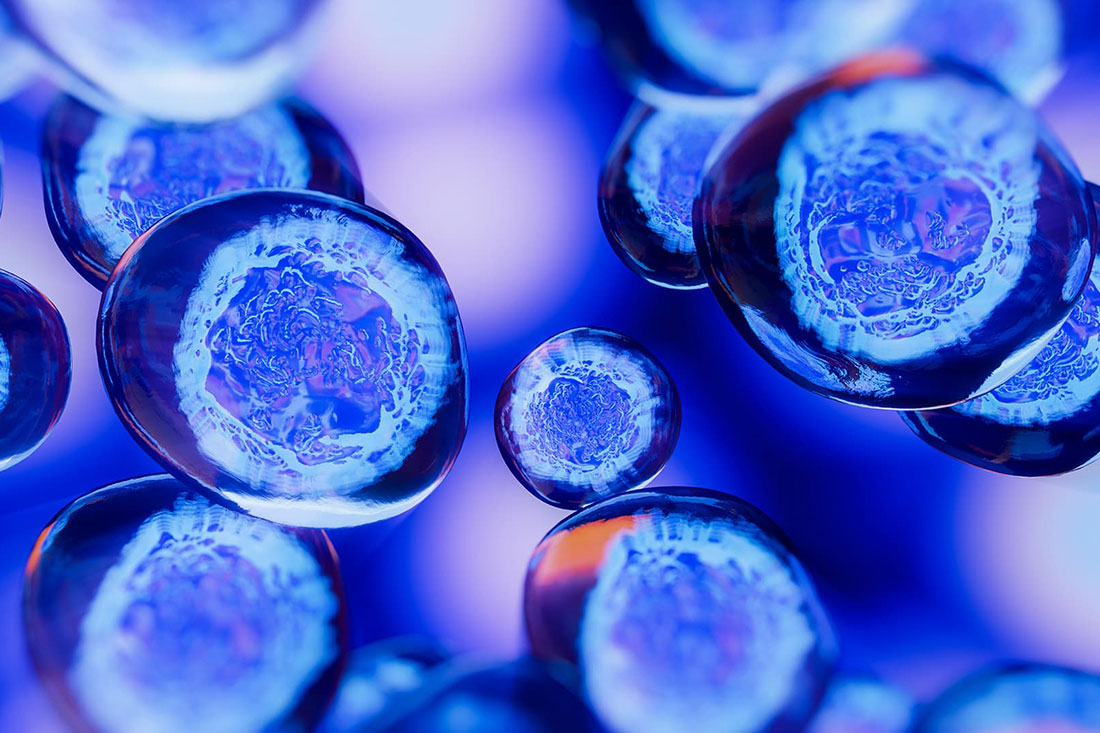The School of Biology and Environmental Science seeks to understand how microorganisms, fungi, plants, and animals - grow, sense, adapt, interact, and evolve.
The school studies how genes, species and ecosystems function and can be managed, conserved, and restored; and where appropriate apply this knowledge to biotechnological solutions.

About our school
We bring together multidisciplinary research teams to address global challenges, ranging from food security to climate change. We work across all levels of complexity, from genes to whole organisms, and in natural to modified ecosystems.
Through research and technology development, we aim to:
- significantly contribute to the advancement of food production
- develop more resilient and nutritional crops
- understand groundwater-soil-vegetation interactions
- treat plant and animal diseases
- prevent and control pests and invasive species
- manage and conserve native species.
Our research
The school has an outstanding record of producing impactful pure and applied research outcomes, with ERA ratings for fields of research either at or well above world standard (ERA 2015).
We are the partner of choice for research and innovation at federal, state and regional government levels, and with industry and end-users.
Our researchers currently play a leadership role in the Australian Research Council’s (ARC) Industrial Transformation Research Centre for Fruit Fly Biosecurity Innovation, the ARC Centre of Excellence in Synthetic Biology, and the ARC Centre of Excellence in Plant Success.
School members have leadership roles and are affiliated with a number of university research centres including the Centre for Agriculture and Bioeconomy, Centre for the Environment and Centre for a Waste-Free World.
Industrial Biotechnology, Bioproducts and Biorefining
We're developing high-impact industrial biotechnology, synthetic biology and biorefining technologies to support the growth of this industry in Australia and around the world.
Quantitative Applied Spatial Ecology Group
An ecological research lab comprised of academics, post-doctoral fellows, postgraduate and honours students led by Dr. Grant Hamilton.
Learning and teaching experience
Mindful of the way in which science and engineering must be done in the 21st Century, the school creates an environment where issues can be discussed, researched and resolved in a way that attends to competing priorities.
Our courses in biology and environmental science reflect this approach as we seek to provide students with learning experiences appropriate to real-world problems.


Our research partnerships
We're working with you to find solutions to your problems. Reach result through a collaborative partnership with our experienced research experts who make active contributions to their fields.
Our facilities
Our staff

- Position
- Head of School, Biology and Environmental Science
- Division / Faculty
- School of Biology & Environmental Science
- helen.wallace@qut.edu.au

- Position
- Australian Laureate Fellow
- Division / Faculty
- School of Biology & Environmental Science
- Research field
- Other biological sciences
- peter.waterhouse@qut.edu.au

- Position
- Professor of Synthetic Biology (Fellowship)
- Division / Faculty
- School of Biology & Environmental Science
- Research fields
- Medical biotechnology
- Biochemistry and cell biology
- Industrial biotechnology
- kirill.alexandrov@qut.edu.au

- Position
- Professor
- Division / Faculty
- School of Biology & Environmental Science
- Research fields
- Agricultural biotechnology
- Biochemistry and cell biology
- Microbiology
- j.dale@qut.edu.au

- Position
- Professor
- Division / Faculty
- School of Biology & Environmental Science
- Research fields
- Ecology
- Ecological applications
- Plant biology
- jennifer.firn@qut.edu.au

- Position
- Professor in Ecology
- Division / Faculty
- School of Biology & Environmental Science
- Research fields
- Ecology
- Environmental management
- Evolutionary biology
- s.fuller@qut.edu.au
News and events

Crystal clear design for high-performance flexible thermoelectric semiconductor
QUT researchers have identified a new material which could be used as a flexible semiconductor in wearable devices by using a technique that focuses on the manipulation of spaces between atoms in crystals.

Crystal clues on Mars point to watery and possibly life-supporting past
A QUT-led study analysing data from NASA’s Perseverance rover has uncovered compelling evidence of multiple mineral-forming events just beneath the Martian surface – findings that bring scientists one step closer to answering the profound question: did life ever exist on Mars?

Australian Cancer Atlas 2.0 wins prestigious national awards
QUT and the Cancer Council Queensland have been recognised with two Oceania Geospatial Excellence Awards for the Australian Cancer Atlas 2.0.
Contact us
Contact the School of Biology and Environmental Science for more information on our courses, research and staff.
